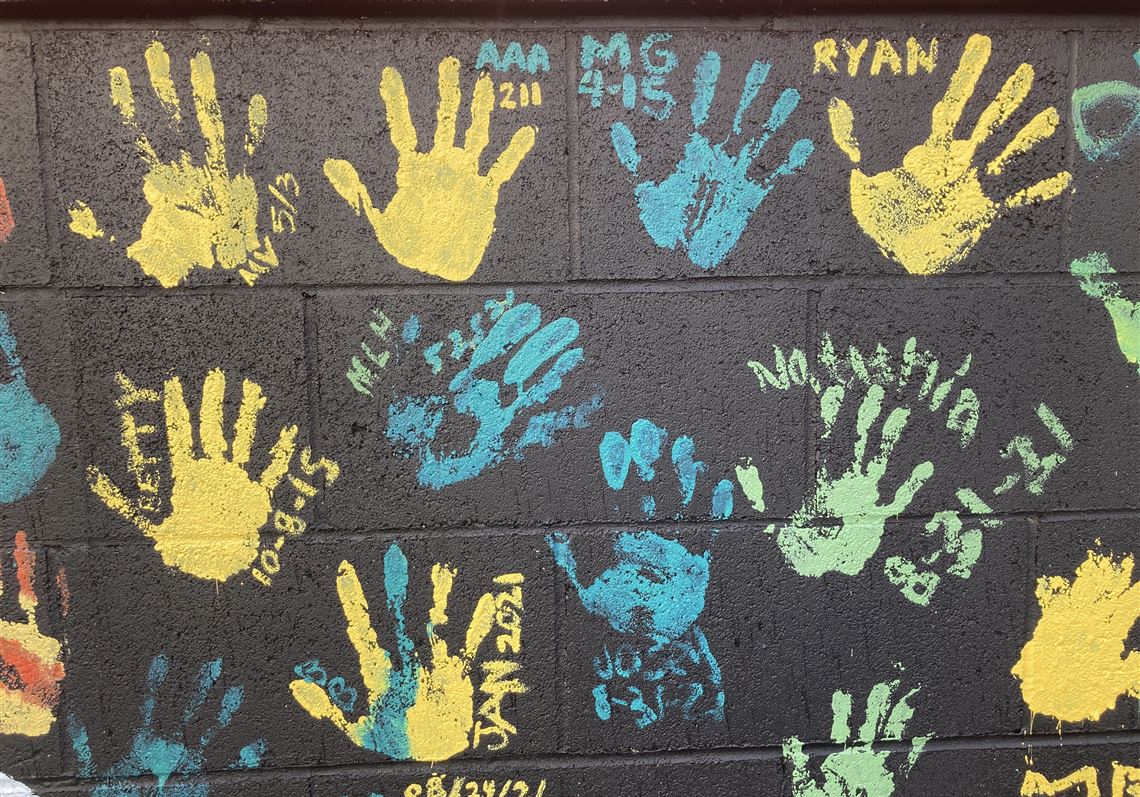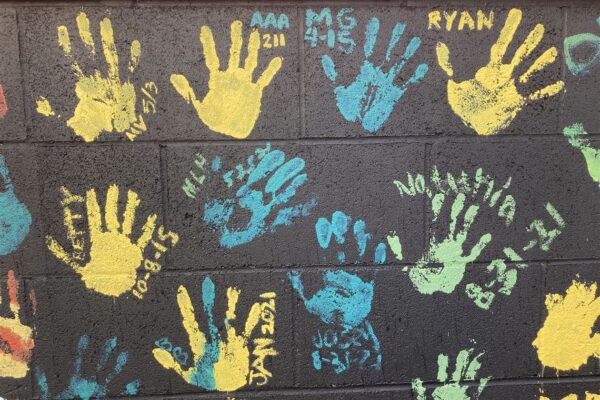SEAN FOGLER AND WILLIAM STAUFFER – AUG 15, 2022
Pittsburgh Post-Gazette Op-ed

Today drug overdose deaths will claim almost three hundred American lives — thanks to stigma. The labels and stereotypes so many of us use are stigma in action, and separate us from those we mark as inferior, people to avoid. We judge and discriminate, sometimes unknowingly, without intent to do harm, and too often by design.
But those of us who use drugs, have struggled with addiction, or are in recovery (as both of us are), are left, voiceless, rejected, and disconnected from everything that makes us human. This is often the point of stigma. Many believe if we punish and shame those who use drugs and sever their social connections, they will stop.
It’s never that simple, and this costs us valuable lives. Stigma is deadly. Stigma is a barrier to seeking help, participating in, or staying engaged with drug and alcohol treatment programs.
It impedes access to, and the delivery of, equitable high-quality life-saving care in every corner of our society, especially in our healthcare and criminal justice settings. And it prevents support for and the implementation of effective policies and programs that work.
The drug policy approach our society has embraced is an insurmountable barrier to saving lives and helping people thrive in recovery. It is the perfect fuel to amplify the health, social, economic, and legal harms associated with drugs and the policies we use to control them.
Different segments of the drug advocacy community have focused on various negative aspects of stigma. From privacy rights, disparate insurance and funding standards, access to quality and equitable care, to criminalization and the endless collateral consequences, stigma has always played the lead role in the ‘war on drugs’.
To effectively address drug use and overdose in America, we need a fundamental shift in how we see drugs, the people who use drugs, and the disease of addiction. We need to be seen and treated as complete humans, included, part of the tribe. This is the path to saving lives and healing communities.
To explore the impact of stigma on people who use drugs and those in recovery we surveyed over 30,000 people from across the United States on their perceptions of various aspects of social stigma. Our findings demonstrate stigma is high and widespread across the nation and expose the wide range of false perceptions, myths, and misinformation that underpin our policies and practices. These perceptions are the force that fuel the stigma that is more deadly than any drug and the primary driver of overdose deaths.
Over 70 percent of our survey respondents believe that society at large considers individuals who use drugs to be outcasts and views individuals who are dependent on drugs as having moderate, low, or no chance of maintaining recovery. This has far-reaching policy and practice implications. leads us to rarely provide the right dose and duration of high-quality evidence-based care which research demonstrates is at least 90 days. It is also a flawed perception since 75 percent of people who identify as having a substance use problem in their lifetime recover.
Imagine a medical professional shaming a person experiencing a cardiac arrest regarding their lifestyle choices, or worse, withholding treatment because they believe they did it to themselves. We would insist on disciplinary action and demand ethical treatment. People with substance use issues face this type of derision every day and in every system.
To address stigma, we need to examine our perceptions and approach to drugs and the people that use them. We need to design interventions that challenge our thinking and drive our systems and the people working in them to change. We need to include people with lived experience at every level, guiding policy, practice, and the systemic change we want to see.
We need to educate communities on and enforce the Americans with Disabilities Act and the Mental Health Parity and Addiction Equity Act. And we need to create a federal Bill of Rights that protects persons with substance use issues to ensure fair, unbiased evidence-based treatment, that honors the dignity and humanity of the individual, as we would expect with the treatment of any other disease.
The uninformed attitudes we have about drugs and the people that use them are deadly. To protect life, help people find a recovery path, and stop the painful and preventable loss of life we need to listen, at every stage of the policy-making process, to the very people so many deride.
Sean Fogler is a physician living in long-term recovery and co-founder of Elevyst, a public health consulting group. William Stauffer is the executive director of the Pennsylvania Recovery Organizations Alliance and and teaches at Misericordia University in Dallas, Pennsylvania.
First Published August 15, 2022, 12:00am
Link to Pittsburgh Post-Gazette HERE
